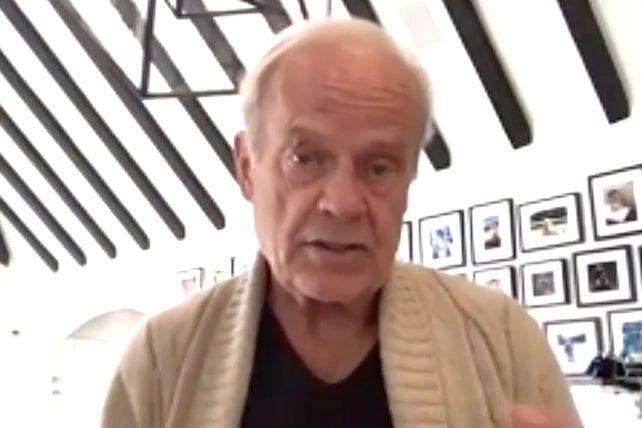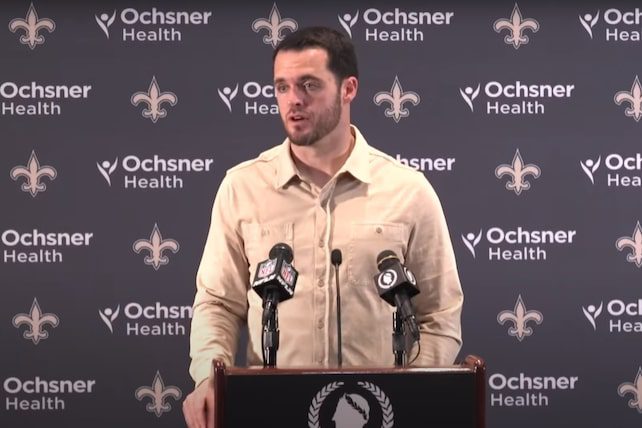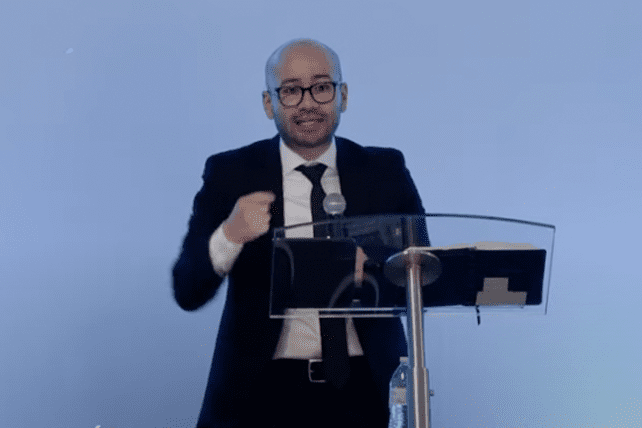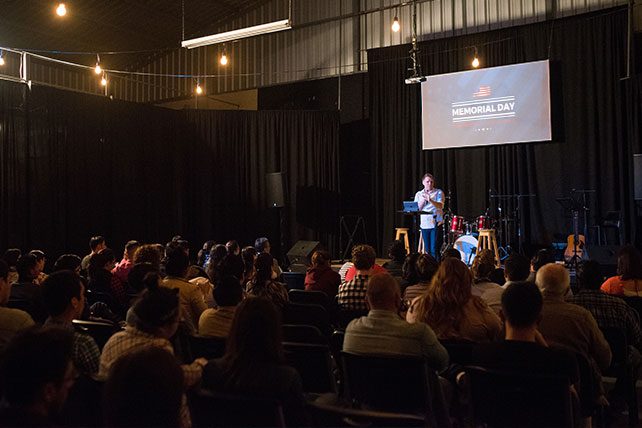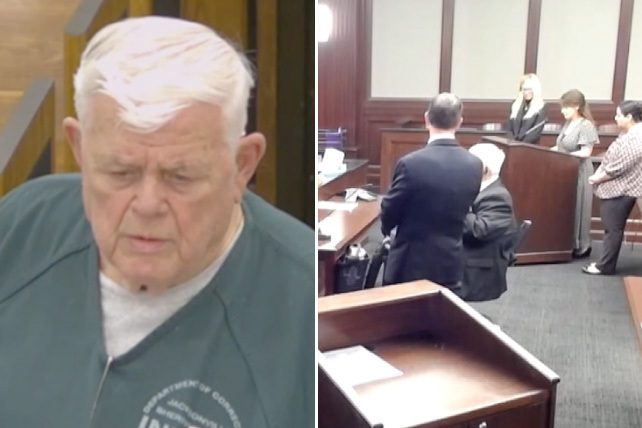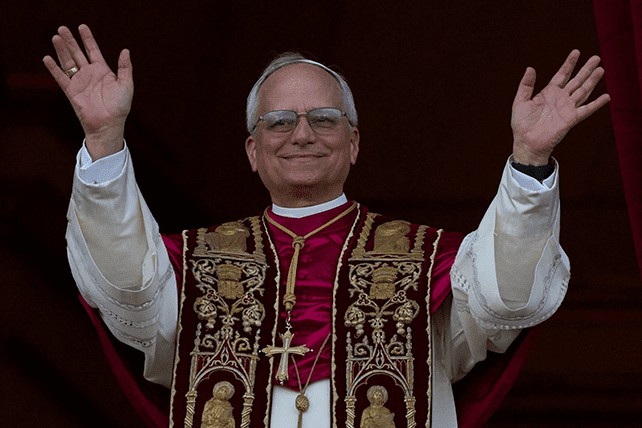(RNS) — In a striking move that ends a nearly four-decades-old relationship between the federal government and the Episcopal Church, the denomination announced on Monday (May 12) that it is terminating its partnership with the government to resettle refugees, citing moral opposition to resettling white Afrikaners from South Africa who have been classified as refugees by President Donald Trump’s administration.
In a letter sent to members of the church, the Most Rev. Sean W. Rowe — the presiding bishop of the Episcopal Church — said that two weeks ago the government “informed Episcopal Migration Ministries that under the terms of our federal grant, we are expected to resettle white Afrikaners from South Africa whom the U.S. government has classified as refugees.”
The request, Rowe said, crossed a moral line for the Episcopal Church, which is part of the global Anglican Communion that boasts among its leaders the late Archbishop Desmond Tutu, a celebrated and vocal opponent of apartheid in South Africa.
“In light of our church’s steadfast commitment to racial justice and reconciliation and our historic ties with the Anglican Church of Southern Africa, we are not able to take this step,” Rowe wrote. “Accordingly, we have determined that, by the end of the federal fiscal year, we will conclude our refugee resettlement grant agreements with the U.S. federal government.”
Rowe stressed that while Episcopal Migration Ministries will seek to “wind down all federally funded services by the end of the federal fiscal year in September,” the denomination will continue to support immigrants and refugees in other ways, such as offering aid to refugees who have already been resettled.
The announcement came just as flights with Afrikaners were scheduled to arrive at Dulles International Airport outside of Washington, D.C., the first batch of entries after Trump declared via a February executive order that the U.S. would take in “Afrikaners in South Africa who are victims of unjust racial discrimination.” The South African government has stridently denied allegations of systemic racial animus, as has a coalition of white religious leaders in the region that includes many Anglicans.
“The stated reasons for (Trump’s actions) are claims of victimisation, violence and hateful rhetoric against white people in South Africa along with legislation providing for the expropriation of land without compensation,” read the letter from white South African religious leaders, which included among its four authors an Anglican priest. “As white South Africans in active leadership within the Christian community, representing diverse political and theological perspectives, we unanimously reject these claims.”
In addition to ties with Tutu, the Episcopal Church has a long history of advocating against apartheid in South Africa. It first began altering its financial holdings in the region in 1966, and by the mid-1980s, the church voted to divest from companies doing business in South Africa.
In a statement, White House spokesperson Anna Kelly said the Episcopal Church’s decision “raises serious questions about its supposed commitment to humanitarian aid.” She argued “Afrikaners have faced unspeakable horrors” and are “no less deserving of refugee resettlement than the hundreds of thousands of others who were allowed into the United States during the past Administration.”
Kelly added: “President Trump has made it clear: refugee resettlement should be about need, not politics.”
The Trump administration has otherwise all but frozen the refugee program, with Afrikaners among the few — and possibly only — people granted entry as refugees since January, despite thousands from other countries hoping to enter the U.S. to avoid persecution and violence. Shortly after he was sworn in, Trump signed an executive order that essentially halted the refugee program and stopped payments to organizations that assist with refugee resettlement — including, according to one group, payments for work already performed.
That change has left refugees — including Christians fleeing religious persecution — without a clear path forward and forced the 10 refugee resettlement groups, seven of which are faith-based, to lay off scores of workers while still trying to support refugees who had recently arrived. Four of the faith groups have since filed two separate lawsuits, one of which recently resulted in a ruling that should have restarted the program. However, refugee groups have accused the government of “delaying compliance” with the court order.








 This parable of the lost sheep craft is so adorable. Children will love it! They’ll want to take this Sunday school craft home and show everyone. In fact, they’ll want to take it to school and show everyone, too. This project is ideal for that purpose because it’s more than just a craft. It’s also a game!
This parable of the lost sheep craft is so adorable. Children will love it! They’ll want to take this Sunday school craft home and show everyone. In fact, they’ll want to take it to school and show everyone, too. This project is ideal for that purpose because it’s more than just a craft. It’s also a game!